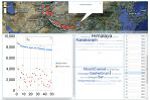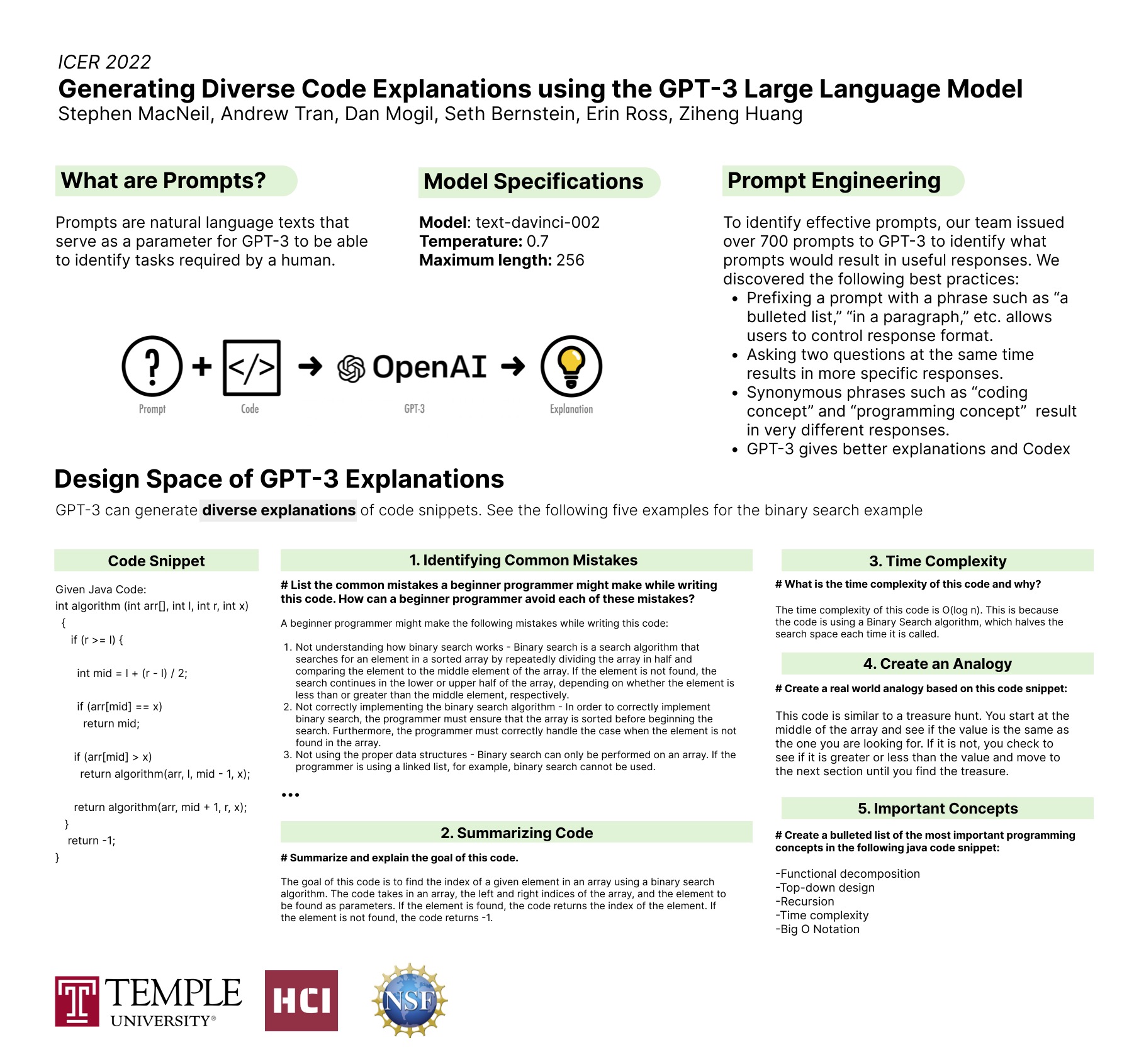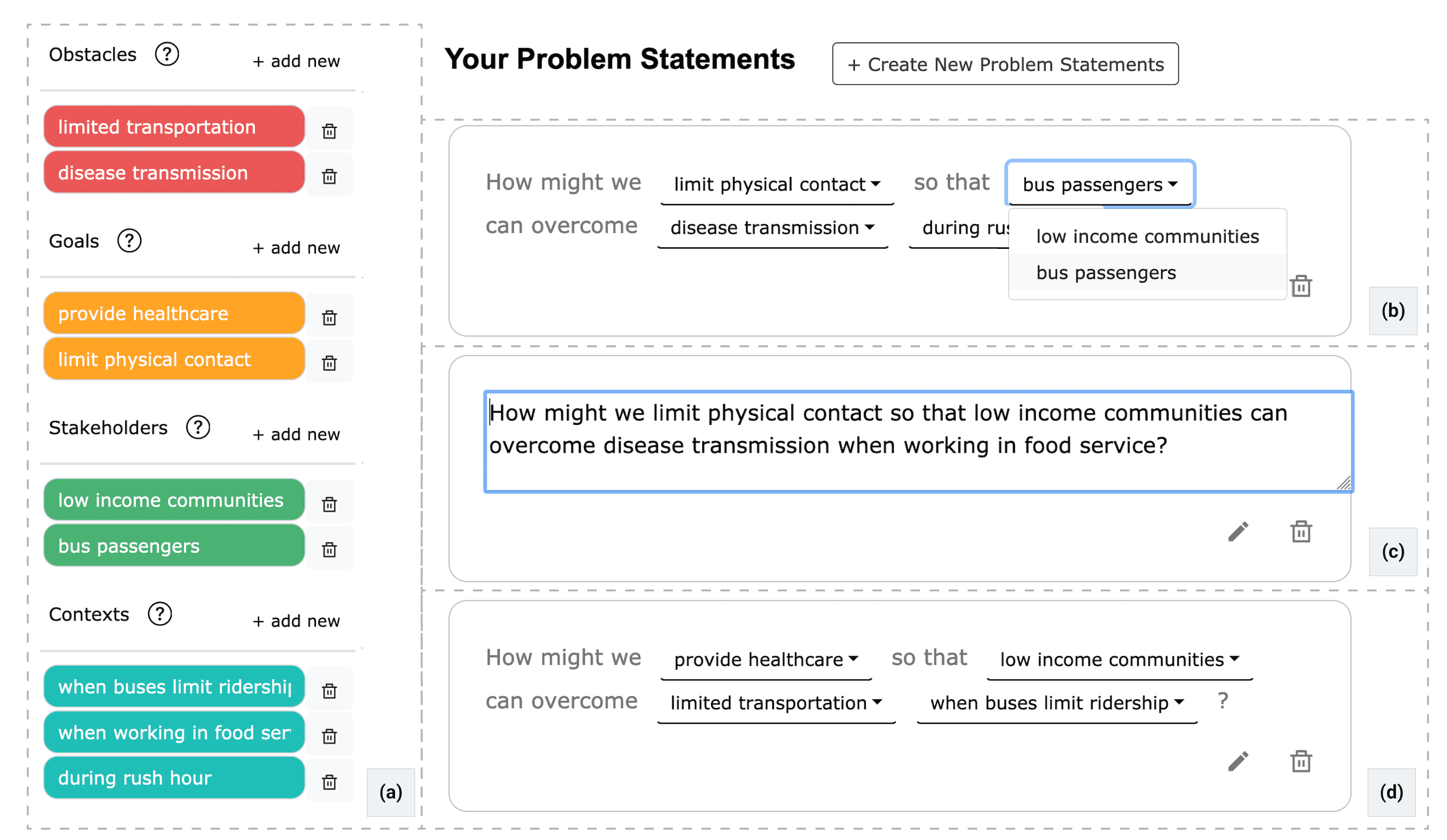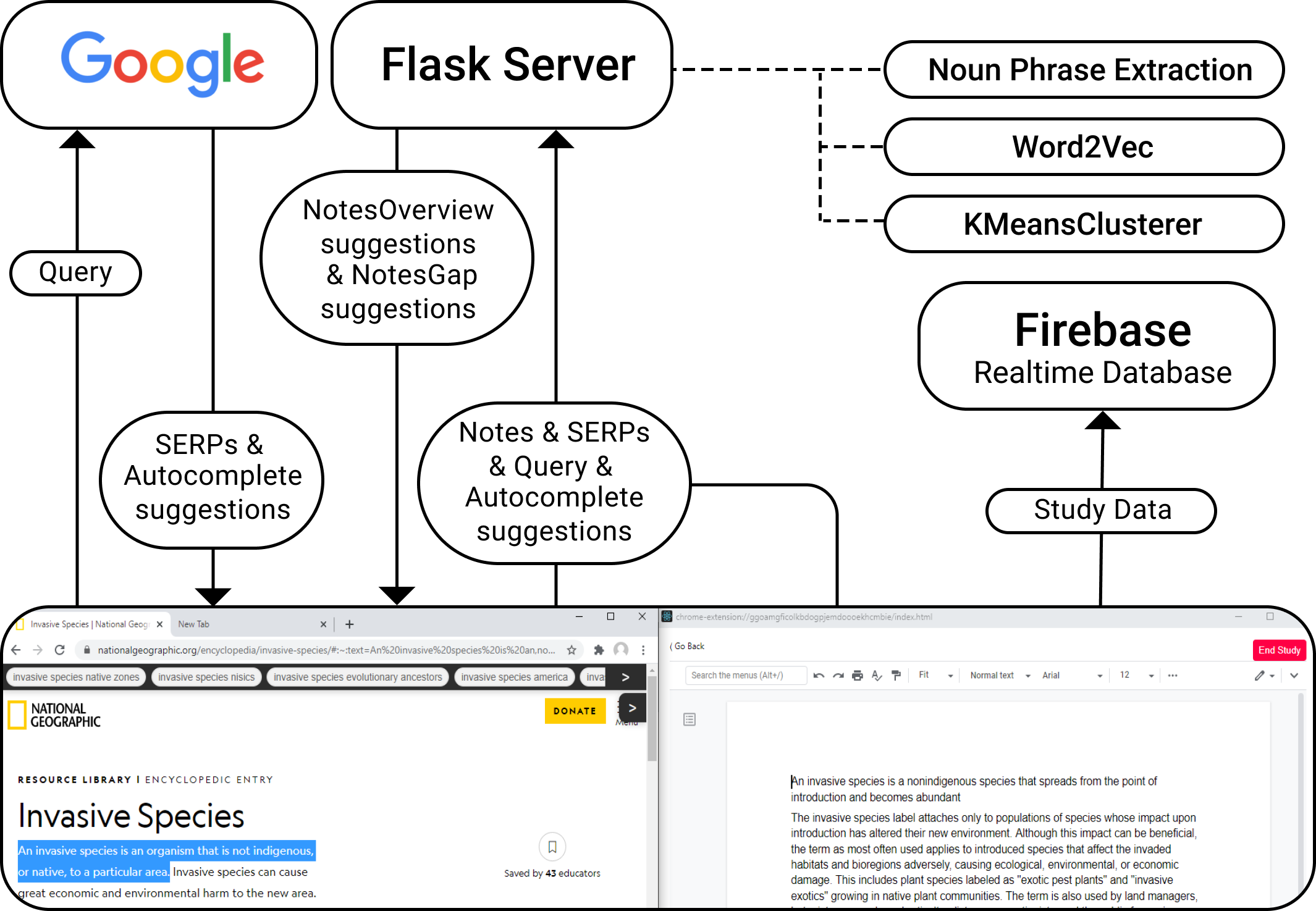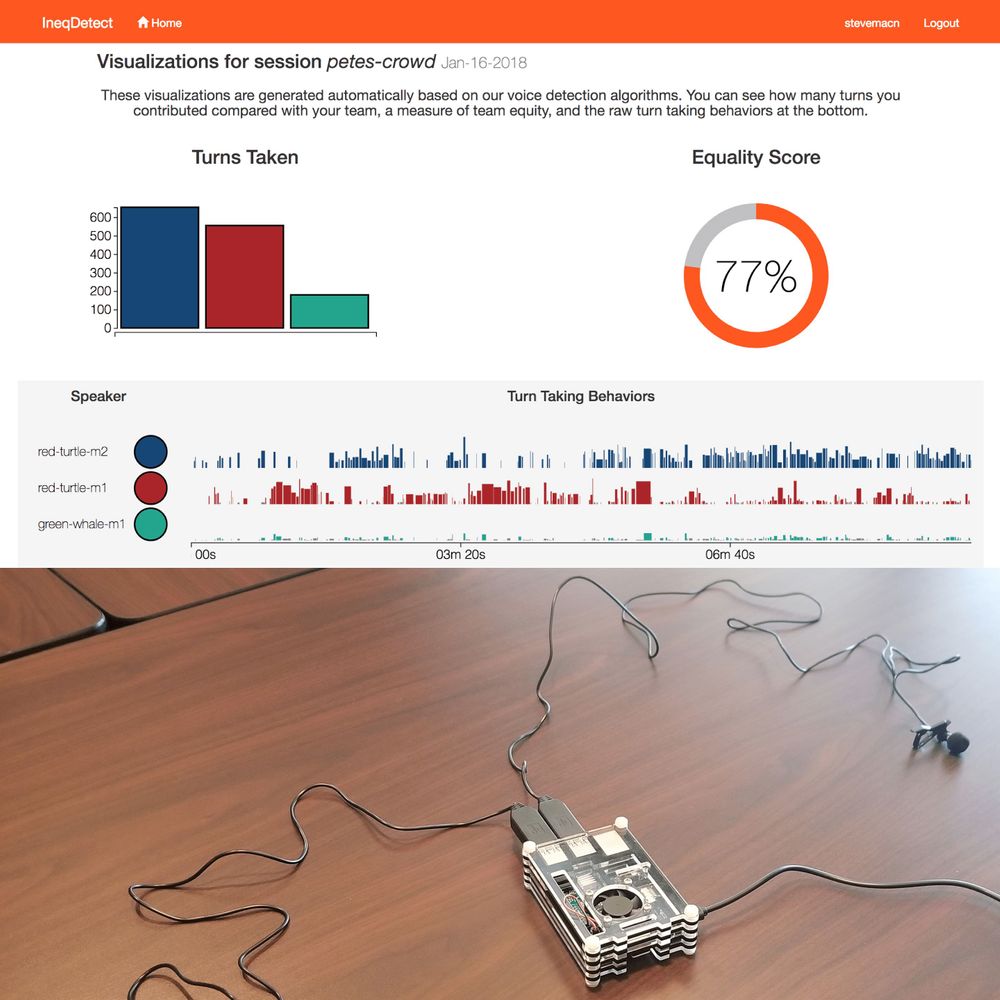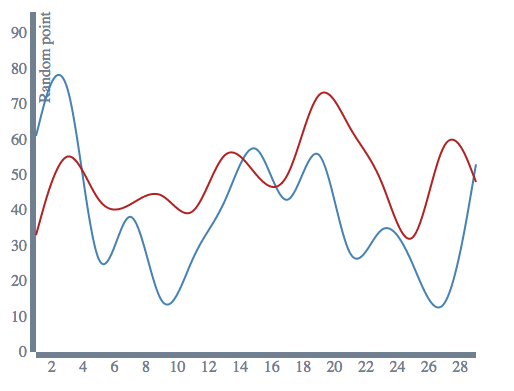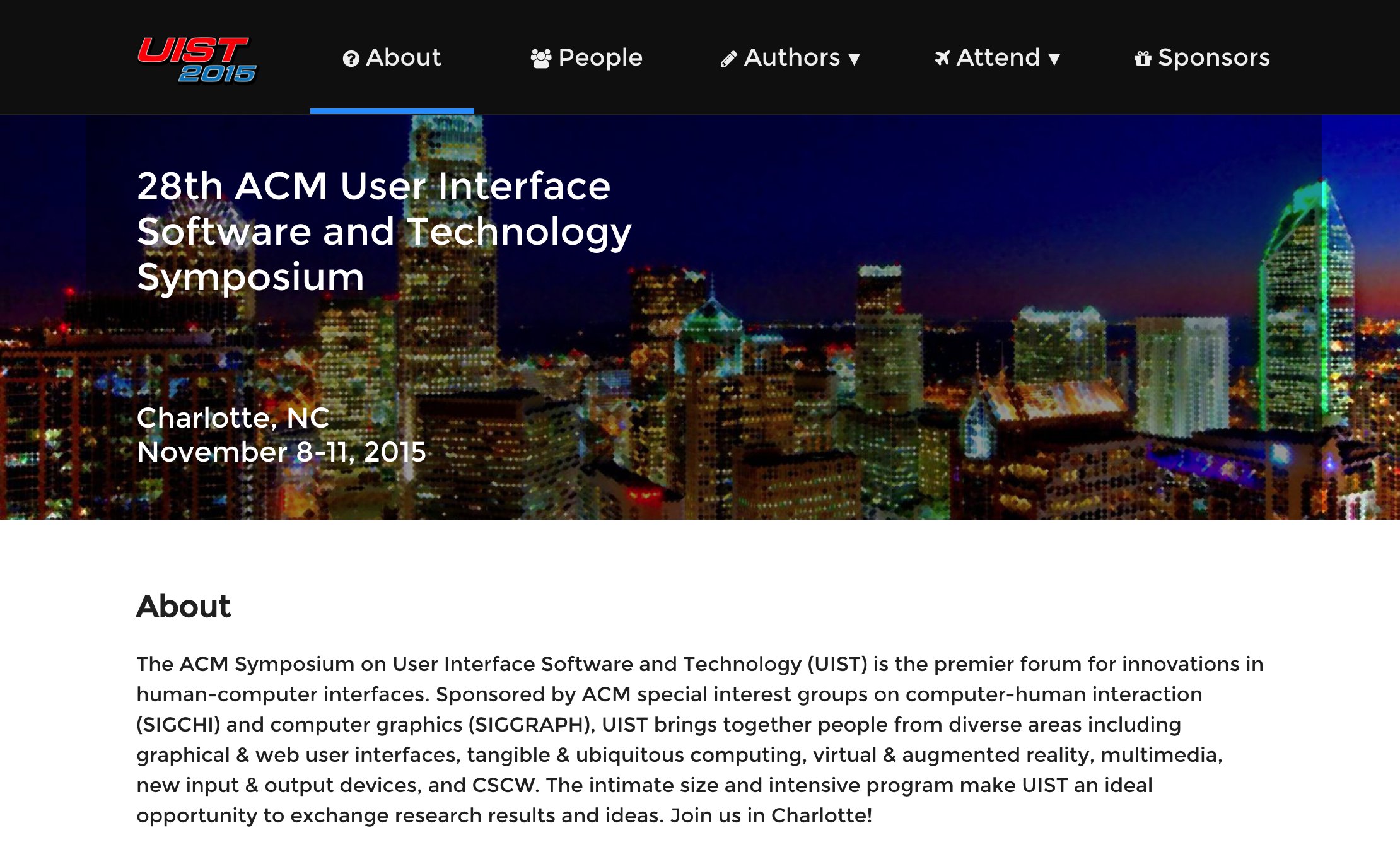Research Areas
My research focuses on how novices can participate in (and even) drive processes previously reserved for experts. To achieve this vision, I study, design, and develop technology to scaffold novice activities, to help large communities make sense of their collective problems, and create tools to aid the facilitation of these large design efforts. Check out D4SD and NatureNet as two examples.
Community-driven Design
While social computing tools have the potential to broaden access to design activities and can ease the burden on expert facilitators and organizers, these tools have the potential to strip participants of their agency and ability to drive the process. I study and build tools that preserve peoples’ agency in identifying and addressing THEIR own problems.
Examples: D4SD, Canvas, NatureNetScaffolding Novice Design Work
Currently, many products and services don't meet the needs of every user. They're designed for the masses. To develop more inclusive products, everyone needs to be involved. This work focuses on systems and techniques that help novices get involved in the expert processes. How might we provide just in time training and support that is baked into the design experience for novices?
Examples: ProbLib, CoNotate, Active SearchVisualizing Civic Problems at Scale
As communities gather to solve problems, scale quickly becomes a challenge. By leveraging concepts and techniques from crowdsourcing, machine learning, and information visualization—we can create tools that support collaborative community interpretation and sensemaking
Examples: Design Patterns, Curri, DS ExplorerStudent-driven Learning Analytics
Learning analytics are often developed for teachers and administrators. In the worst cases, these approaches are more similar to learner surveillance than analytics. How might we democratize these tools so that they can be used by students to improve their learning in self-directed ways?
Examples: IneqDetect, Reflection AnalyticsSocial Computing for the Future of Work
Work is increasingly dynamic, decentralized, and multi-disciplinary. This raises new challenges related to learning and coordination. This work focuses on new coordination methods for multiple teams with diverse skillsets. We're currently studying design managers, design facilitators, and event organizers.
Examples: coming soonResearch and Publications
Go to Google Scholar for a full list of my papers. They do a better job organizing my publications than I could (or care to).
As an HCI researcher, my work is very multidisciplinary. My research broadly draws from the fields of participatory design, social computing, learning sciences, data science, and information visualization. These research directions are not mutually exclusive research directions and often feature significant overlap. You can use the filters below to explore my projects.
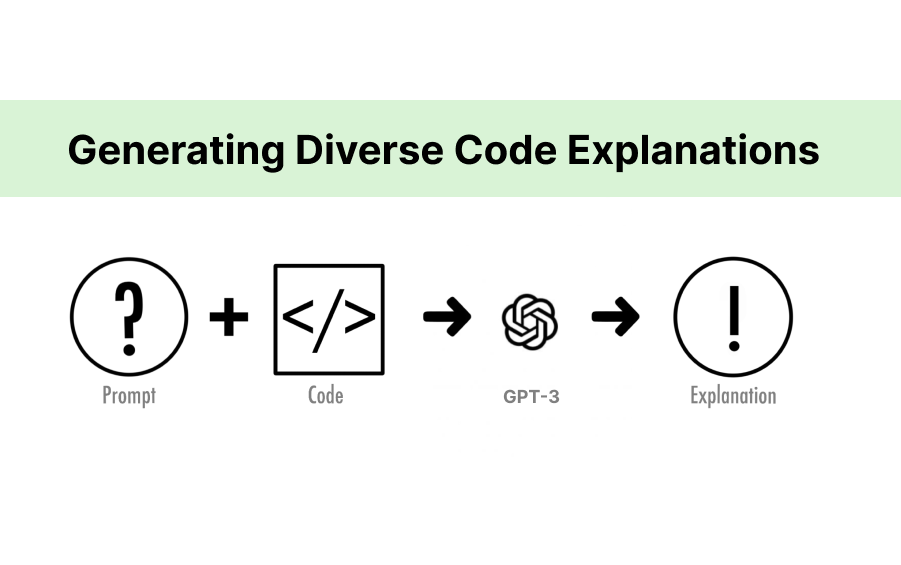
Generating Code Explanations using Large Language Models
Constructing design galleries via feature extraction and semantic clustering
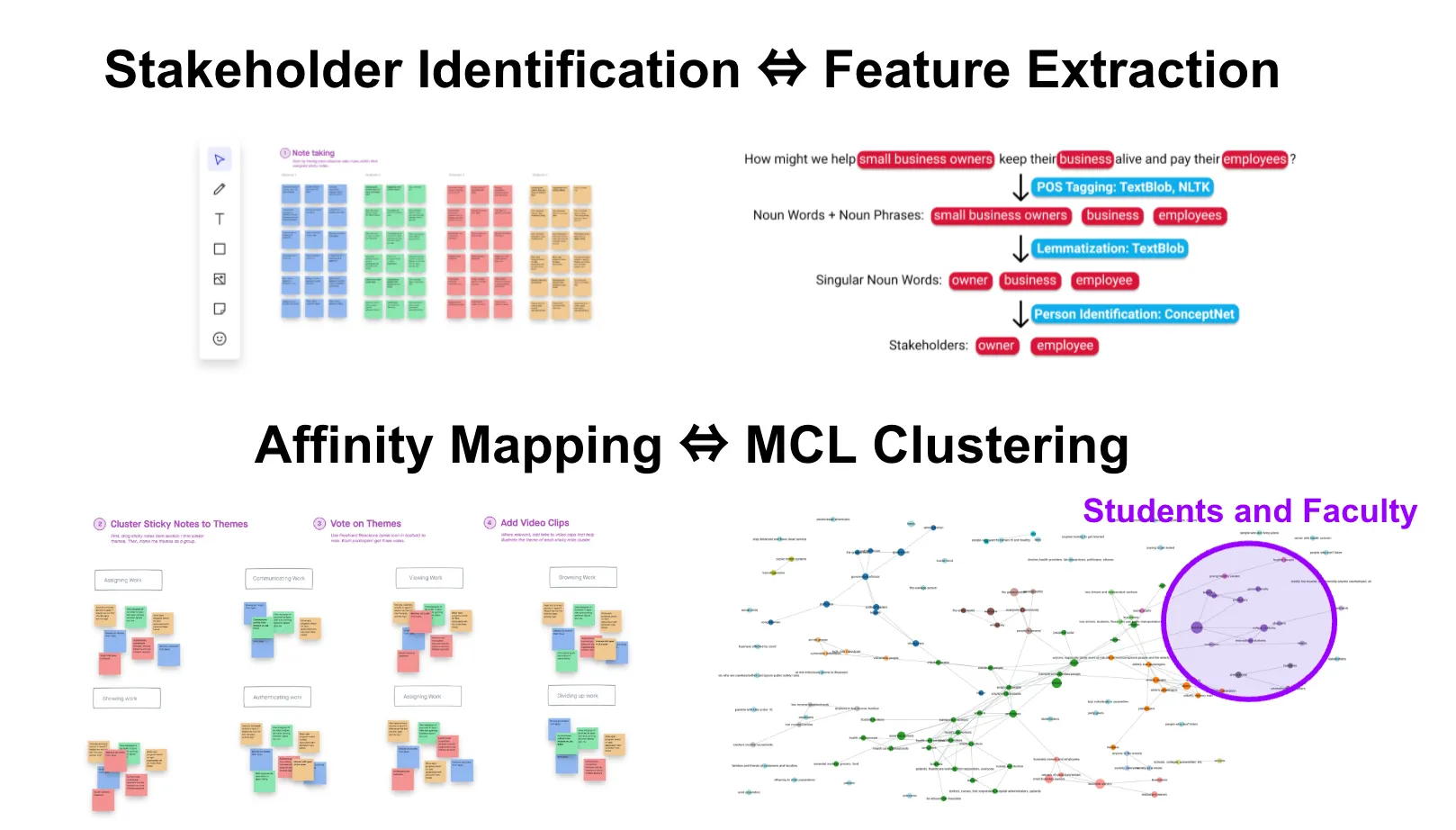
ProbMap: Automatically constructed design galleries
Constructing design galleries via feature extraction and semantic clustering
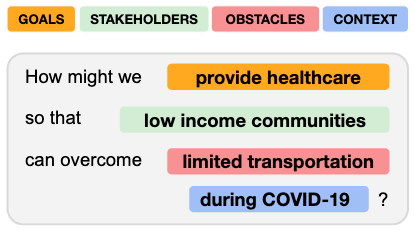
ProbLib: Helping Novices to Frame Better Problems
Scaffolding to structurally decompose the problem framing process
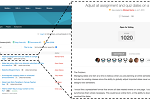
End-User Design in Canvas
A mixed-methods analysis of Canvas LMS Design Ideas
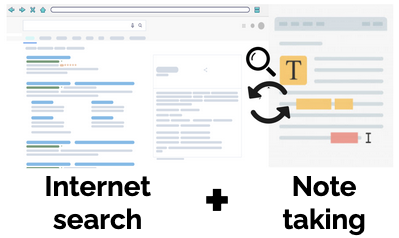
CoNotate: Adaptive Query Suggestions Support Learning
Using context from designers' notes to inform search
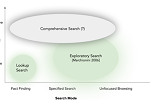
The Active Search Hypothesis
A study of creative workers' notetaking and searching behaviors
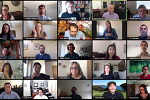
D4SD: Design for San Diego
A regional civic designathon
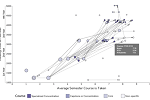
Curri: Visualizating the Curriculum
Visualizing students' pathways through the curriculum
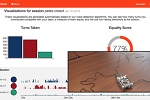
IneqDetect: Visualizing Student Conversations
Supporting group reflection in contingent contexts like collaboration
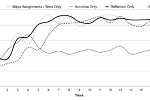
Reflection Analytics
Integrating affect into learning analytics
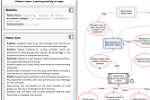
Educational Design Patterns
Mapping out our departments' teaching patterns

Nature Net: Designing with and for the Crowd
Studying Design Cognition in Online Crowd Innovation

Swish Sleeve
A system that records and visualizes arm movement

Nature Net
Participatory design and citizen science
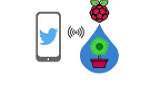
#Talk @Plants
Raspberry Pi waters your plants from Twitter
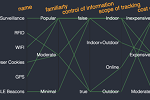
Dimensional Reasoning
An app for dimensionalizing conceptual spaces
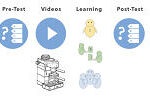
Distributed Lightweight Teams
Studying face-to-face and online collaboration
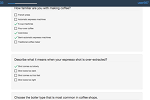
Surveyr
A configurable survey app with embedded videos
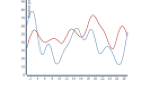
Genetic Algorithms
Using functional programming for curve fitting

Machine Learning Tutorials
Documentation for my machine learning libraries

BRIDGES
A system for visualizing data-structure assignments
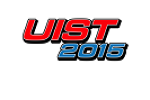
UIST Website
Developed website and branding
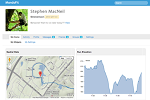
Social Fitness
A social media platform for runners
